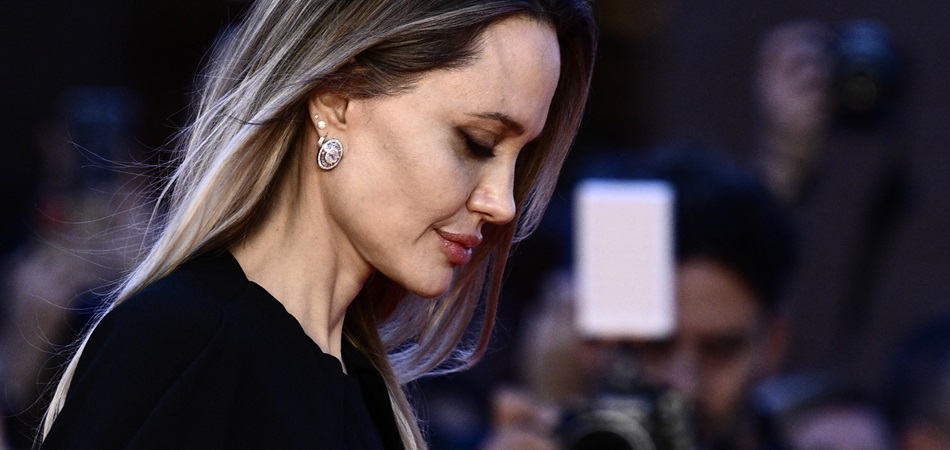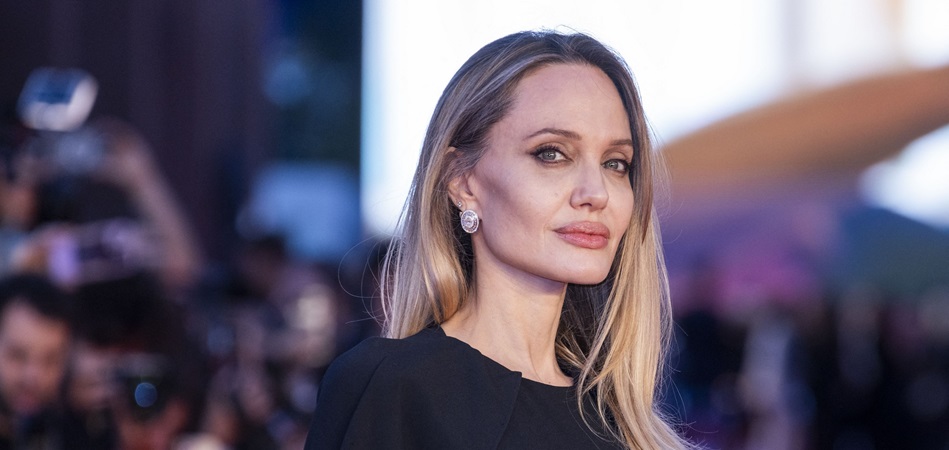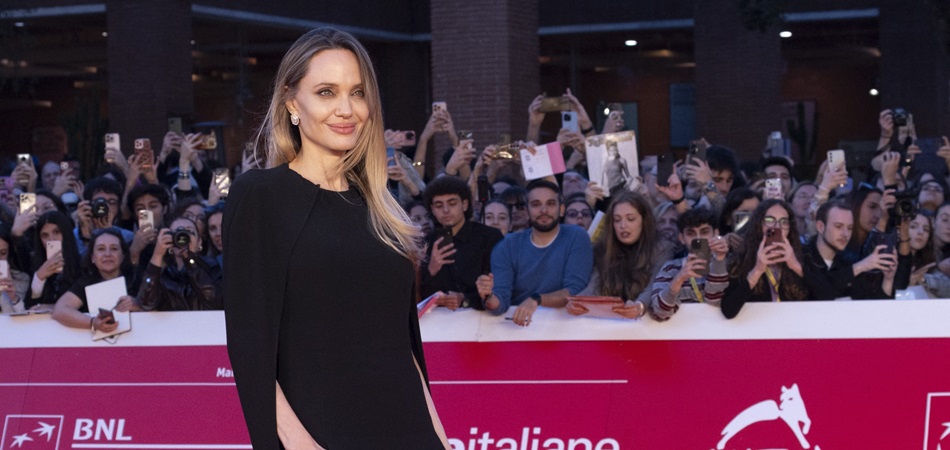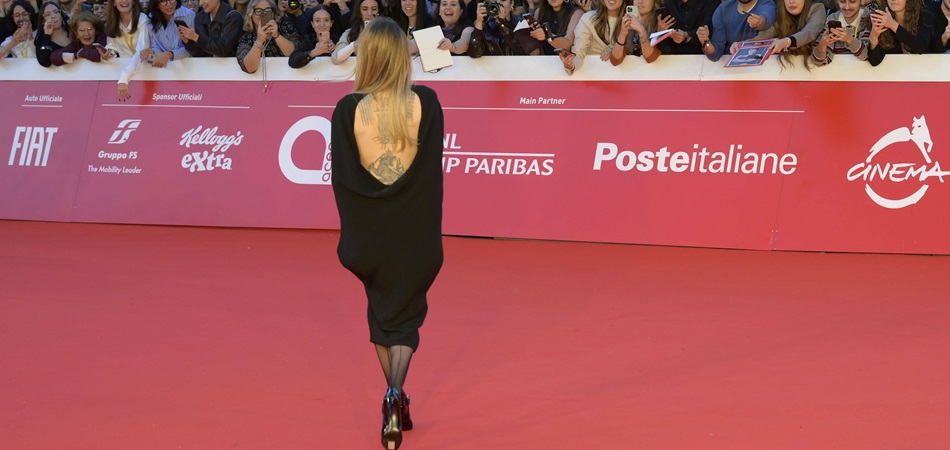Angelina Jolie says it's in America's best interests to 'stand up for the underdog' in Syria conflict
- Details
- Published on Wednesday, 30 November -0001 00:00
- Written by Daily mail
Angelina Jolie has said it's time the world steps in to help with the Syrian conflict as she reflects on the lack of action since her first visit to the border in 2011.The UN Special Envoy calls out politicians for failing to step in like other conflicts in the Middle East and questions when America stopped rooting for the 'underdog' as reflects on the hearbreaking things she's witnessed over the past 10 years.In a Time essay titled 'The Cost of Inaction in Syria is Too High', the actress says America helping other countries in the past has been 'for our own interests' and that stepping in after a purported 500,000 Syrians have perished, would be no different.'Afghanistan and Politicians often imply that we face a choice between open-ended military and diplomatic interventions of the kind we've seen in Iraq and Afghanistan, and leaving other countries to fend for themselves, sending whatever amount of humanitarian aid we're willing to supply, and sealing ourselves off,' Jolie writes, adding: 'Syria is proof that a lack of leadership and diplomacy has consequences.'She adds: 'History shows that when we fought for the liberation of Europe in World War II, or contributed to building the postwar global order, we did so for our own interests–and we reaped the benefits. When America was attacked on 9/11, many countries made common cause with us because we had earned their friendship.'Jolie – who has six children with ex-husband Brad Pitt – opened up about the devastating effects of the war in Syria after the Trump admins slashed the total number of refugees allowed into the country each year to a historic low of 30,000.As part of his Muslim ban refugees from 11 countries considered to be threats to US security, including Syria, admissions fell by 90 percent from 2017 to 2018, according to the International Refugee Assistance Project.Jolie recalled a 2011 trip to the Jordanian border where she heard about an eight-year-old boy who begged his family to bring his leg with him after they fled following an airstrike.'I hoped that stories like his might force the world's rich and mighty countries to intervene to stop the violence,' Jolie – who is thought to be worth $100million - opened up.But despite her 10 visits to draw attention to the crisis, 'years of pleas have gone unanswered'.
The US has refused to comment on it's approach to Syria but Mike Pompeo has previously said $95billion in donations makes the US the world's largest contributor to humanitarian assistance.Jolie admits that initially people in the country were hopeful her famous face would result in action and they begged her: 'Please, tell people what is happening to us'.But she says 'hope curdled into anger and the struggle for survival' due to the indifference the world has shown despite seeing images of 'children asphyxiated by gas, maimed by shrapnel, drowned on the shores of Europe or–as I write–freezing to death in the cold of Syria's Idlib province'.Jolie uses the example of one man who held his baby up to her and asked: 'Is this a terrorist? Is my son a terrorist?' The philanthropist has also met parents who have to make the choice between which child gets access to food or medicine while it is scarce.Reflecting on how innocent children have unfairly become victims of inaction she suggested politicians have been putting focus in the wrong places.'Far from healing Syria's wounds, the response of some external powers has been to inflict further injuries, bloodying their hands in the process,' she writes. 'Other countries have focused on the fight against terrorism or on the humanitarian relief effort, while the war itself has bled ever more fiercely.'As Special Envoy Jolie focuses on major crises that result in mass population displacements. She has helped contribute to finding solutions for people forced to flee their homes. In the March 2 issue of the magazine she adds: 'We're watching the brutal endgame of the war in Syria as if it has little to do with us. But it does.'We should be using our diplomatic power to insist on a cease-fire and a negotiated peace based on at least some measure of political participation, accountability and the conditions for the safe return of refugees.'
 |
source : Daily mail ![]()
![]()












 Share
Share